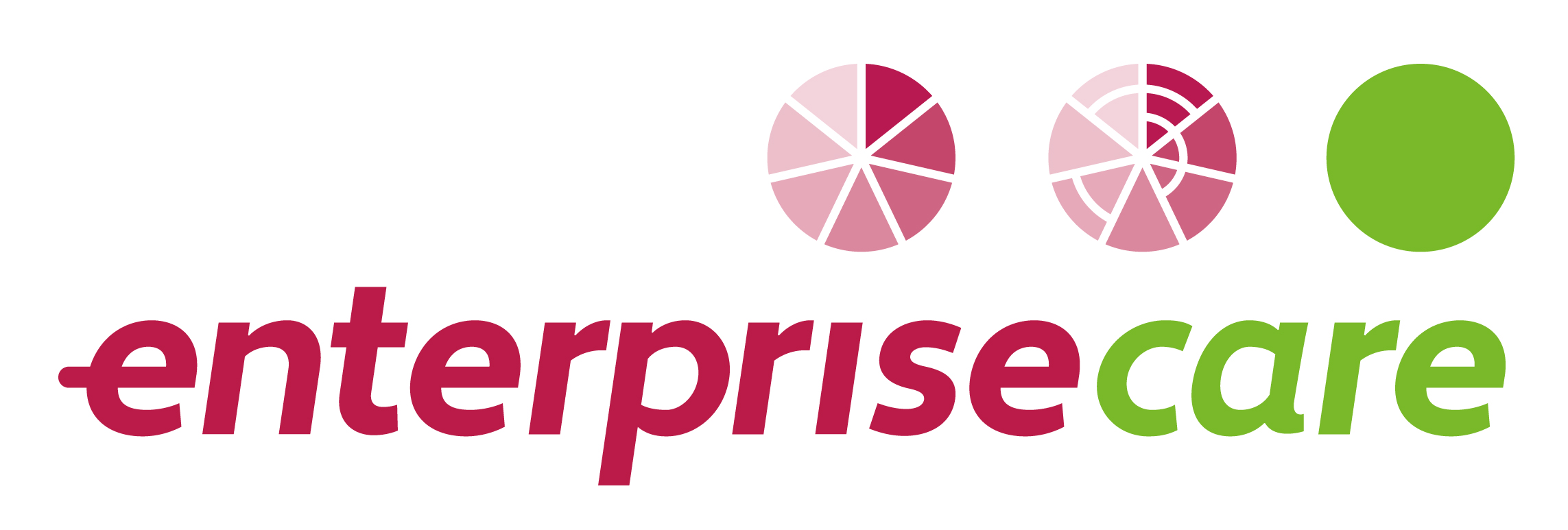Embracing the ‘Cognitive Shift’ Wave
High Performing Boards
Being invited to work with NFP Boards is very rewarding. This work often includes stretch insights and value-add opportunities that can directly contribute to improved performance outcomes.
This value-add is about offering a service that can measurably shift a Board in its own capability to exert a positive impact on their organisation.
This reflects a step change for high performing Boards. It is a reflexive practice response. This enables a Board to be more in tune with the broader dynamics occurring in their external environment.
How might this be described?
These Boards have at least one key aspect in common. They all seem to have Directors who have undergone ‘cognitive shifting’. In other words, Boards with Directors that have the ability to adapt to changes in their organisation’s operating environment.
Cognitive flexibility in essence is a responsive way of thinking. Directors who switch their thinking or change their mind or are capable of holding multiple concepts at the same time are ones seeking to be in rhythm with their organisation’s operating environment. These Directors have all demonstrated cognitive flexibility.
It was F. Scott Fitzgerald who said, “The test of a first-rate intelligence is the ability to hold two opposed ideas in mind at the same time and still retain the ability to function.”
Why is Cognitive Shifting not the Norm?
The potential limitations or blockers for cognitive shifting critically involve 3 elements:
- Routine
- Bias and
- Information overload.
The Relevance of Cognitive Shifting for Boards
Directors who are comfortable in adapting their behaviour and thoughts to any of new, changing, or unexpected events are in sync with environmental change patterns.
The skill of navigating transitions throughout life is the ability to evolve a shift in your cognitive set. It is about feeling confident in moving from one or more mindsets, perspectives, ideas, settings, activities, or routines, to another one or more.
This shift is a reality check. It recognises that whatever was done in the past will not work today or will be sub-optimal in what is achieved. This shift by Boards and their Directors is a clear acknowledgement for a need to explore, adapt and adopt meaningful changes in their thinking in order for the Board to positively impact their organisation’s health and therefore, performance.
Wanting to Make the Shift?
F. Scott Fitzgerald offers an insight into being realistic about the ‘How’. In exploring the ‘How’, there are two opposing elements needing to be integrated into one. While there is a need for Directors to have an ability to change, equally, there is a need for the Board to enable this to occur.
Empowering Boards with insights into the current and optimal makeup across experience, skills, diversity and characteristics can facilitate and enhance this shift.
The reveal of benchmarking and strategic insights into future Board appointments enables the breadth of a Board makeup to be optimised.
Summary
Any Board of Directors who can adapt quickly or accommodate change will reveal themselves to be better at problem solving and decision-making. This same Board of Directors will comfortably move from one project or strategic objective to another efficiently and effectively. In other words, it is a Board where the Directors readily appreciate the nature of reality and understand the dynamics that are at play. This understanding enables the identification and exploration of sound solutions that meet the real challenges or problems facing their organisation.
How we can help you
If you would like to discuss any of the issues raised in the article and improve your Board Performance, Enterprise Care can facilitate you to focus on what matters most. Contact us today to discuss how we can assist you.

